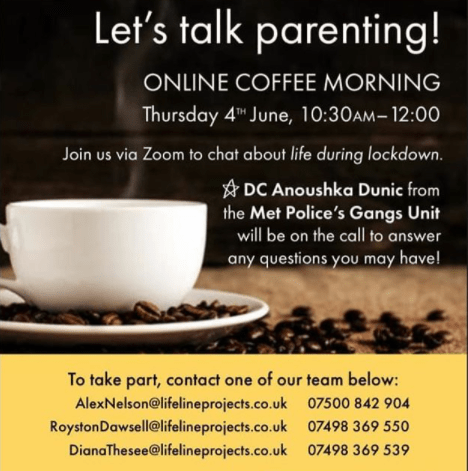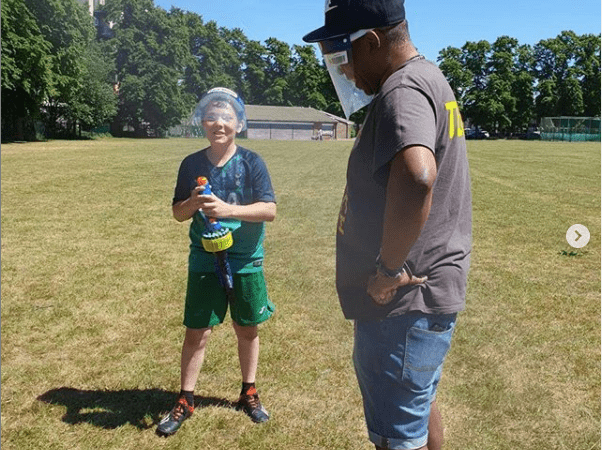We were two youth workers who were sent into a small estate in East London for four sessions a week, over the course of a year. At one stage, the police refused to patrol the streets—and we were supposed to try and build community there! But what we found were willing residents and young people who wanted something different. Often the sessions were extended, and sometimes other youth workers joined us, as the situation required.
Throughout the year, we got to know 134 young people of varying ages in and around the estate, building positive relationships with many of them. Once we got to know them and understand both their needs and the culture of the estate, we approached the local school and arranged for some positive activities that included active games to promote healthy living and teamwork. This deepened the relationships further. Groups of young people would come for gaming sessions and use the DJ and multimedia equipment we provided, and they started to hang out with us. The focus was always on helping the young people to be positive members of their community.


Ten members of the community volunteered to join us in what we were doing; five of these become very involved and started helping to run the activities. These five developed positive relationships with some of the young people and other residents on the estate. When we had to stop activities on the estate as the COVID-19 pandemic hit, we remained in contact with the volunteers who said they felt a sense of pride and engagement within their own community as a result of their involvement over the year.
34 out of the 134 young people became very engaged and responded to mentoring both from the youth workers and the adult volunteers. We observed the positive impact this had on their mental health and wellbeing. Due to the lockdown resulting from the COVID-19 pandemic, we were not able to complete this one-year funded programme as we would have liked. However, 25 of the young people completed some wellbeing surveys which we’d sent to them. During lockdown just 4% had a low sense of wellbeing, while 96% reported a moderate to high level of wellbeing!
This year of intentional and focused engagement with families from the estate has given the young people an opportunity to deepen friendships, as well as meet new people their own age, in safe and positive environments. The wellbeing surveys show the power of positive friendship, acceptance, and purpose in changing an environment where the challenges of serious youth violence and poor mental wellbeing are all too prevalent. Likewise, the adults who took part discovered a sense of belonging and built their confidence by leading activities and getting to know new people who also lived within the estate. An unexpected, but positive, outcome was the way that the activities provided a form of respite for some families who had felt stretched.
At the beginning of the year there was a real challenge in getting to meet people. The estate had the reputation of being a hostile and isolated environment. We had to be persistent and creative in connecting with people: joining the estate Facebook group, building a relationship with the local school, and utilising the communication channels of the estate’s housing association all helped to build trust and persuade the community to meet us and come to events. The work helped to change the atmosphere on the estate. As the young people and adults got involved and got to know one another, there was a much stronger sense of ownership and realisation that they could have a positive impact in their neighbourhood, making it a pleasant and friendly place to live. As young people and adults have made friends across the generations, a mutual respect has started to blossom.
Building community doesn’t happen overnight. It took several months to get to the point where young people wanted to attend almost every activity they could. It also took a long time for residents to trust us. We had to meet parents at school gates, drop leaflets, knock on doors – we had to go to where people were.
We always imagined that the work on this estate would be a five year project, and we are delighted to announce that we have attracted new funding that will allow this programme to continue. So, as the seeds that we were involved in planting have started to grow, we look forward to seeing how they develop and thrive. It’s inspiring to see the change in the atmosphere of the estate: the growth of new friendships, neighbourliness and people looking out for one another. And, during lockdown, many of us have experienced the ‘COVID community spirit’. It’s been a welcome refreshing of what being a community can really mean.



